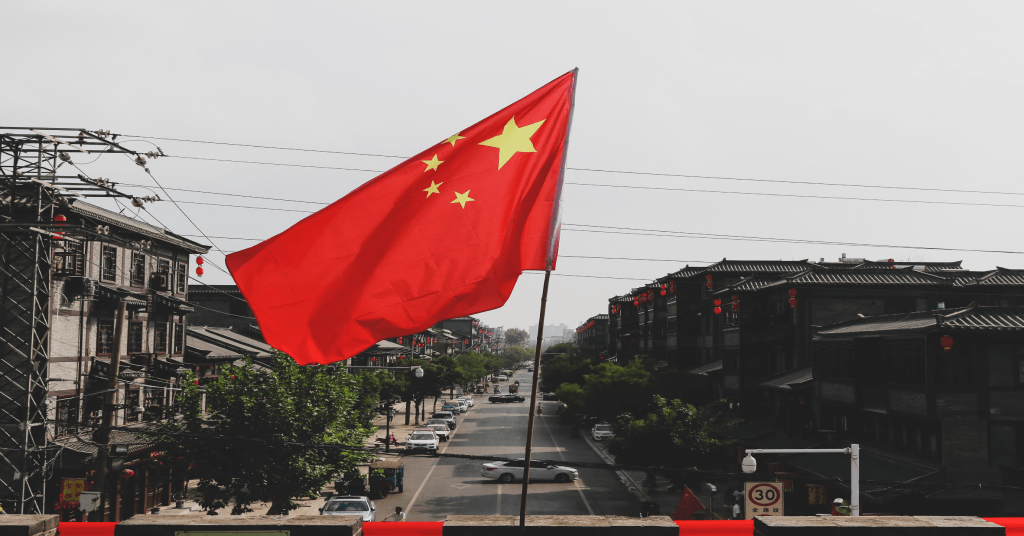Such major changes couldn’t go unnoticed by the global crypto market. However, the direction of new market trends is opposite to many expectations

Here’s how the crypto ban in China has affected the market. Source: unsplash.com
China is one of the global economic trendsetters. Until recently, it favoured crypto. Yet, after the rise and fall of a major crypto Ponzi scheme PlusToken, the Chinese authorities concentrated on their own centralised e-currency. Bitcoin and altcoins have suffered a massive crackdown.
China was home to around 70% of global Bitcoin mining power, until the government announced a national ban on cryptocurrency mining and trading. The country prohibited all its financial institutions and payment companies to provide services related to cryptocurrency transactions, banned or restricted Bitcoin mining in most popular mining regions, and warned investors against speculative crypto trading.
Surely, at first, the Bitcoin price plunged for a while. As we know, even tweets may influence BTC speculations, not to mention crucial legislative changes. Nevertheless, just a month from Chinese news, the crypto market stabilised and Bitcoin prices rose to new highs. Moreover, the altcoins rally is stimulating bullish projections in the long run.
ETH rose by about 11% over the past week and 45% on a month-to-date basis. It reached a new all-time price high of around $4,400 on Friday, topping the previous record high of $4,379 in May. The price rise occurred as the Ethereum blockchain burned more tokens than it emitted in the last 24 hours, largely thanks to the strong action in shiba inu (SHIB), Uniswap v.2 and Tether.
At the same time, options traders are also turning their attention to ETH. They believe an ether-based exchange-traded fund (ETF) product will likely follow the launch of the first Bitcoin futures-based ETF in the U.S which saw strong demand from investors.
Positive growth of the crypto market means it’s easily adapting to the Chinese ban. To begin with, the US authorities are still vague about the digital dollar and benevolent to crypto mining. Therefore, many Bitcoin entrepreneurs from China moved to Texas, which is quickly becoming the next global cryptocurrency capital. The U.S. is now the top destination for Bitcoin miners, hosting at least 35.4% of Bitcoin’s hashrate. Others fled to neighbouring Kazakhstan and Russia. Anyway, Bitcoin mining is still alive and well.
As for trading, the Chinese crackdown may have forced traders to allocate, but it couldn’t stop the mass striving for decentralised, open and accessible financial systems. China is clearly not an example of a free market-based economy. Every aspect of social and economic life there is strictly controlled by the government. This is not a major role model for the civilised world in general. Thus, most other countries don’t try to stifle innovation altogether.
At present, the Chinese ban doesn’t have any followers. In fact, as we can see from the US example, governments start to accept and recognise the crypto market as it grows more mature each year. Surely, it doesn’t mean global economies will not regulate crypto financial activities at all. As it is widely acknowledged, crypto can be easily used for illegal activities. These should be prevented somehow. Thus, some regulatory actions will surely follow in other parts of the world.
Nevertheless, the crypto market is very adaptive. A growing number of projects are working in the hybrid finance space, aka “HyFi”, which serves as a bridge between cryptocurrency DeFi and the old school, centralised financial institutions. Major crypto institutions like Coinbase don’t object against proper know-your-customer procedures and following anti-money laundering laws. And yet, they can’t become less prosperous or will lose clients.
Moreover, for many crypto enthusiasts, Wall Street-style regulation on decentralised assets makes crypto a valid investment option. Therefore, a healthy dose of regulation will only lure more investors to buy in, driving up asset values.
SEE ALSO:









